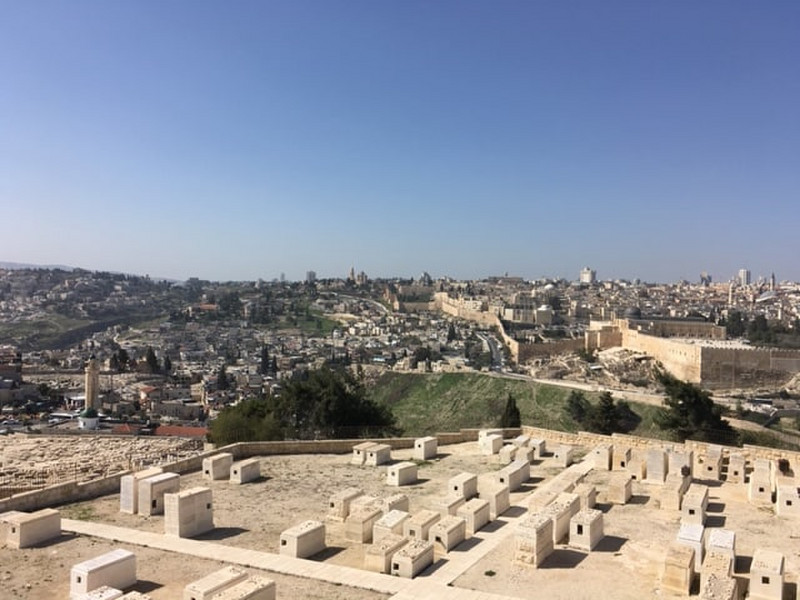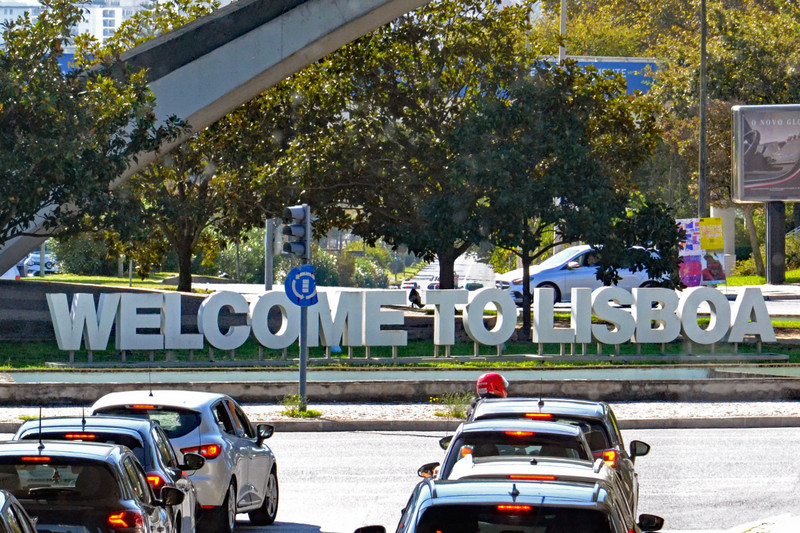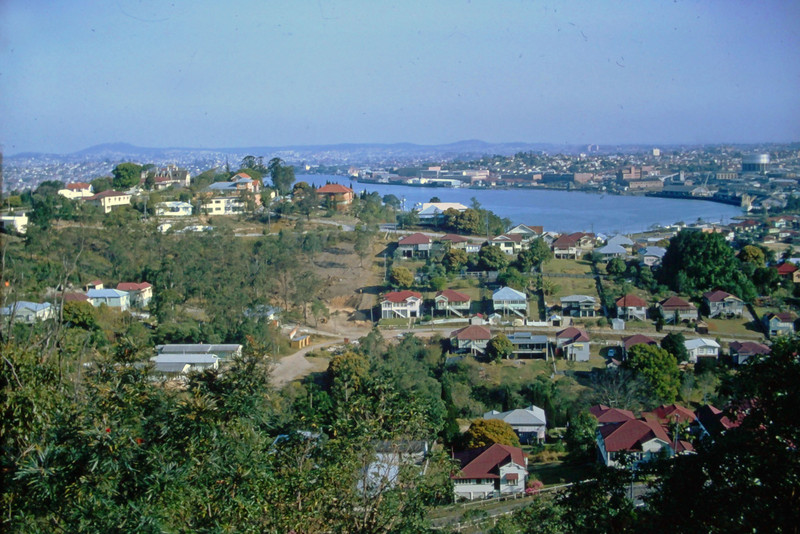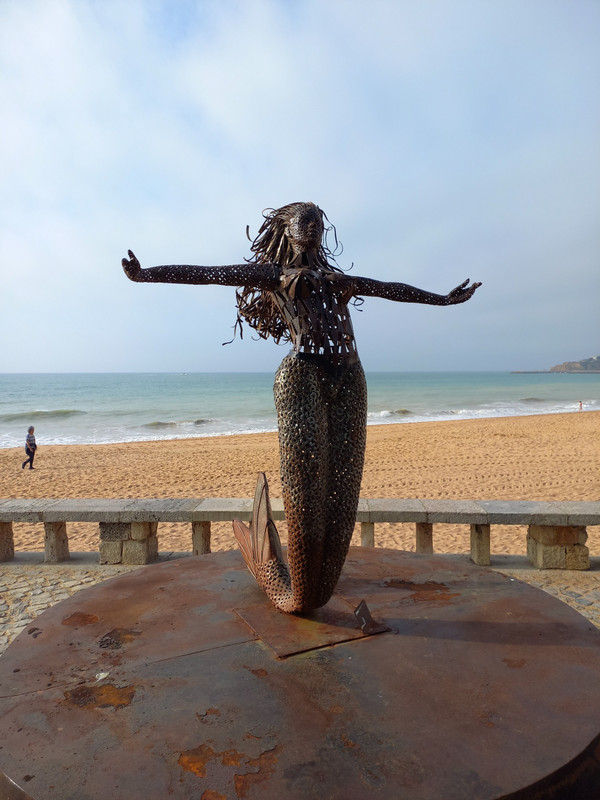A large number of Persian Jews who came to Jerusalem at the end of the 19th century arrived in vain, and the lowliness of their situation led to an attempt to expel them from the country.
The writer of the newspaper Havatzelet 12 Shevet 1894: A spectacle of terror we saw on Wednesday of this week in our city, a play that irritates the heart and soul. Many of our brothers, the children of Israel, residents of Persia, came this month to seize our city, to escape it from the heavy exile that rests on our people in the cities of Persia. The public will love them, and the alms that were collected from us - the residents of Jerusalem, revived their lives. Suddenly a decree was issued against them by the exalted government to leave Jerusalem. The reason for the decree is no longer known, but be that as it may.
And this week I will gather the police guards (she is the Turkish police), and bring them to house (the prison), which is outside the city, to send them to Jaffa. To one hundred and fifty persons: men, women, and children increased the number of those captured and imprisoned men alone and women alone, and their shouts and cries rose and rose up in advance. The name of heaven in Israel has perished, and the heart of every man who shares in his brothers troubles is shattered at the sight of this terrible thing.
The Spanish General Committee wrote to the editor of Havatzelet on the 14th of Shevet, 1984, and among other things he said in his letter:Knowing the deportation to us, the honorable Rabbi Yesha Bracha (Rabbi Yaakov Shaul Elisha), by Minister Chaim Aharon Valero, hurried to honor the city, to ask him to spare and pity these unfortunates, and to give at least an extension of a few days, but sadly. Our hearts did not accede to their request, and he gave a vigorous order to the Minister of Police to expedite his actions and expel these unfortunates. Although in The Lily it is said that the reason for this is not known, Raphael Haim HaCohen, who was also among the immigrants as a child, wrote in his book Stones in the Wall: What we could know from the press we published, but there were unpublished facts and deeds here. We were told that one of the activists of the and we will not mention his name, was the one who informed the governor of Jerusalem that the poor Persians were interfering in houses and shops.The Jews from Persia were imprisoned in shops near the Kaminitz Hotel (todays Davidka area). When the leaders of the saw that it was impossible to leave the unfortunate forbidden in the shops in front of they tried before the authorities, and transferred them, under heavy police guard, to the courtyard of the Mel school. On the night the deportees stayed at the Lemmel School, Ephraim Cohen Rice, director of the Mossad, wrote in his book Memoirs of the Man of Jerusalem : Tired and tired from the days work, I went in late at night, after dinner had been prepared for the prisoners, the rooms in the school, to take a nap in front of my eyes. And here are the prizes sitting along the walls, making a midnight correction. The play touched my heart. I, too, sat down to mourn with them. The next morning, the people were sent to Jaffa on their way deportation from Eretz Israel, and Raphael Haim HaCohen recounts: Five carriages with policemen came to put the prisoners on them and send them to Jaffa. Whoever did not see this horrific spectacle at that time, did not see a play of sorrow from his days. Men, women, and children were taken by policemen with cruel blows and put them on the carriages reluctantly. To the ground, they kiss the dirt and refuse to leave the place. Some were injured, from most of the beatings, until they were bleeding, and did not want to get on the carriages, but the policemen forcibly loaded them on the carriages, and the convoy began to ride in indescribable cries and howls.









